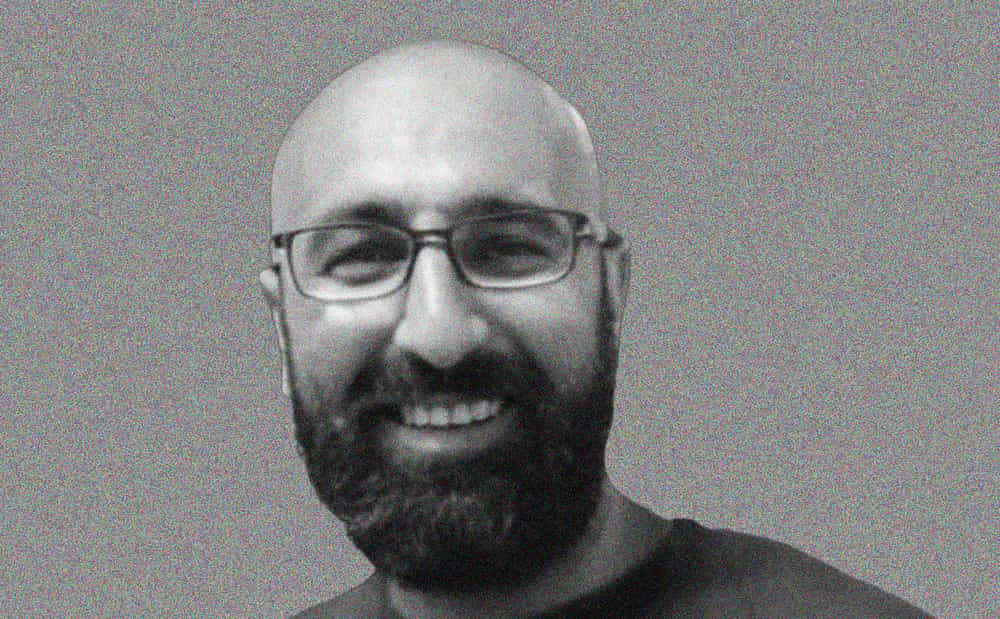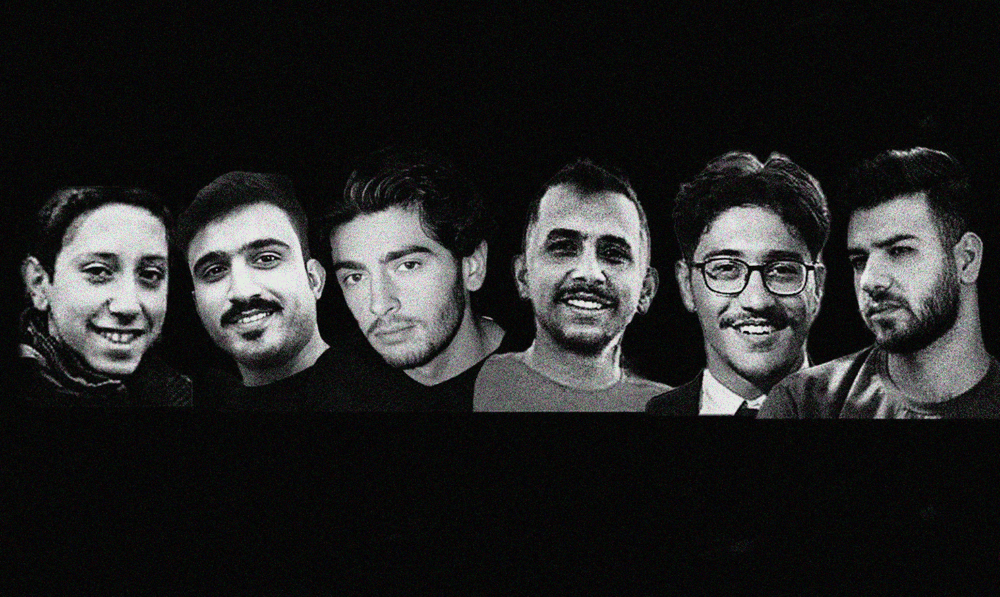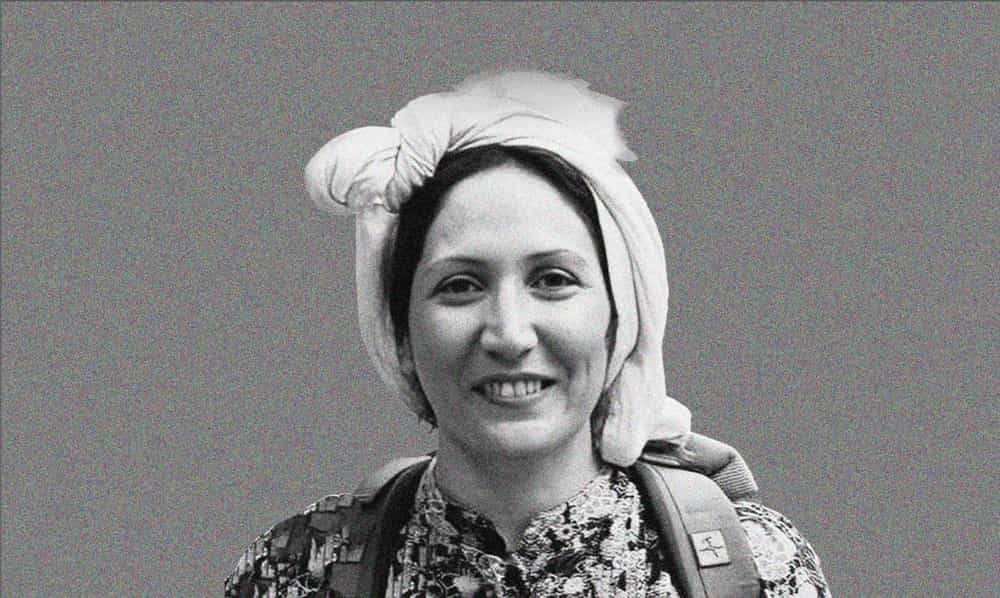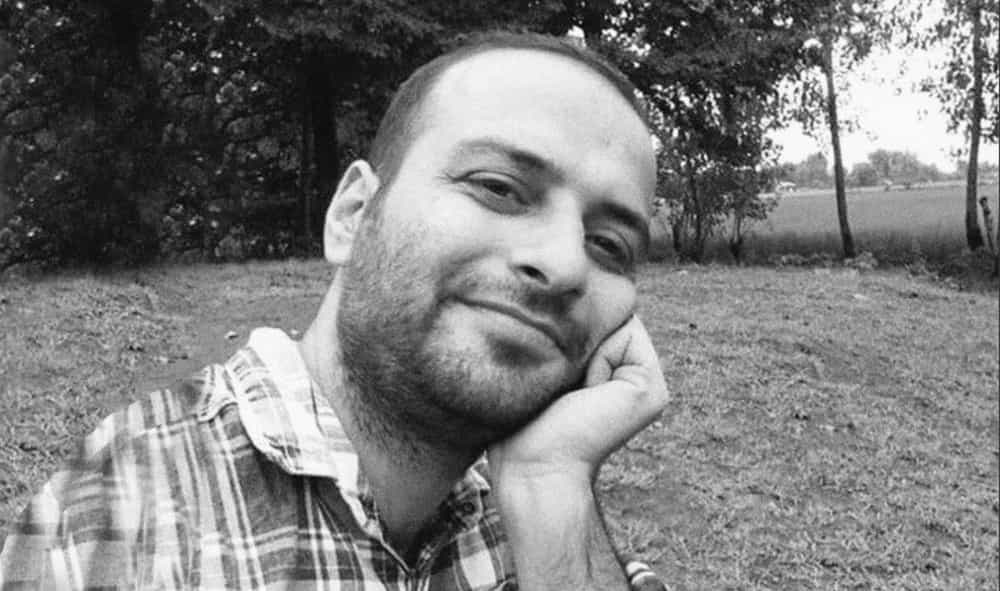

Petition for Revocation of Death Sentences and Fair Retrial in Shahrak Ekbatan Case
To: The Judiciary of the Islamic Republic of Iran
Subject: Request for the Revocation of Death Sentences and Fair Retrial for Defendants in the Shahrak Ekbatan Case
November 20, 2024
We, the undersigned, appeal to the judiciary of the Islamic Republic of Iran with a profound sense of urgency regarding the recent sentencing of six defendants in the so-called 'Shahrak Ekbatan' case. These individuals—Milad Armoon, Alireza Kafaei, Amir Mohammad Khosh-Eqbal, Navid Najaran, Hossein Nemati, and Alireza Barmarzpournak—have been sentenced to death for their alleged involvement in the death of a Basij member during the "Women, Life, Freedom" protests at Ekbatan. We believe that due process has not been followed, and fundamental principles of justice have been neglected in this case.
The sentencing of these individuals is deeply concerning due to the following reasons:
1. Violation of the Presumption of Innocence: Before any guilt was established, the accused were paraded in the streets and coerced into making confessions on state television, violating the fundamental principle of presumption of innocence. Every individual is presumed innocent until a competent court reaches a definitive verdict.
2. Lack of Fair Representation: Under Article 48 of the Criminal Procedure Law, the defendants were deprived of their right to choose legal counsel during the initial stages of the investigation. Lawyers were also prevented from accessing case files and presenting an adequate defense. The fundamental right to a proper legal defense was severely compromised. (Article 48 of the Criminal Procedure Code of the Islamic Republic contains a controversial clause. Under this provision, defendants accused of specific political and security-related crimes are denied the right to appoint their chosen lawyer during the interrogation and investigation stages.)
3. Torture and Forced Confessions: The defendants were reportedly subjected to solitary confinement and physical and psychological torture to extract confessions. Such practices violate human rights standards and render any confessions under these circumstances inadmissible.
4. Incident Details and Misrepresentation: In what is known as the "Women, Life, Freedom" protests, on October 26, 2022, a Basij cleric named Arman Aliverdi, equipped with riot gear, was sent alone into the heart of a protest to confront demonstrators. The protestors, angered by his presence, attacked him. According to case details presented by Reza Shafakhah, a lawyer for one of the Ekbatan defendants, Aliverdi ran a distance of 1.5 kilometers from the site of the initial confrontation at "Parking A4" to the entrance of Varzesh Street, where his fellow Basij members were likely stationed. However, based on video footage presented in court by another defense lawyer, Aliverdi was assaulted by masked individuals with a large stone, which ultimately led to his death two days later. After this incident, law enforcement officials arrested a group of 50-60 Ekbatan residents. A group of 10 individuals was detained for two years, transferred from one prison to another, from one solitary confinement cell to another, and subjected to harsh conditions, completely disregarding fundamental principles of fair trial procedures.
5. Disregard for the Judiciary Process: Beyond violations of fair trial principles and the Criminal Procedure Law, what is evident in this case is the blatant disregard, humiliation, and undermining of the judiciary itself. Security forces, with no regard for the judicial process in both the prosecution and the criminal court, presumed the occurrence of murder, sanctified the victim in social media, and paraded the accused in the streets and on state television before any crime was proven. This contributed to the creation of a violent social divide, inciting hatred and resentment. The lawful authority to determine whether an event constitutes a murder, identify its type, and assign responsibility lies solely with a competent court. However, in this case, security forces acted independently of the judiciary, determining both the occurrence of the murder and identifying the alleged perpetrators.
6. Interference in the Judiciary Process: There are credible reports that judicial independence was undermined. At the last session, two principal advisors on the judicial panel were replaced with advisors known for their loyalty to security forces. The presiding judge, who found insufficient evidence to convict the defendants, was overruled. Judicial independence is essential for a fair trial and was compromised.
7. Withholding and Manipulation of Evidence: The court disregarded evidence provided by defense lawyers, including video footage that allegedly exonerates the defendants. Furthermore, security forces failed to provide footage from CCTV cameras at the location, which could have been vital to the defense. Such obstruction and manipulation of evidence indicate a miscarriage of justice.
The above concerns reflect fundamental violations of due process and judicial integrity. Given the fact that the death penalty is an irreversible sentence, the highest standards of fairness and justice must be observed. The circumstances of the Shahrak Ekbatan case show a pattern of abuses that undermine the credibility of the judicial process and result in unfair sentencing.
We respectfully urge the judiciary of the Islamic Republic of Iran to:
1. Revoke the Death Sentences: The death sentences for Milad Armoon, Alireza Kafaei, Amir Mohammad Khosh-Eqbal, Navid Najaran, Hossein Nemati, and Alireza Barmarzpournak should be revoked immediately in light of the numerous procedural and substantive flaws in the trial process.
2. Ensure a Fair Retrial: Grant the defendants a fair retrial, ensuring adherence to international legal standards. The defendants should be allowed to appoint lawyers of their choice, and all relevant evidence should be available to the defense.
3. Investigate Claims of Torture and Judicial Interference: An independent investigation into claims of torture, coercion, and judicial interference should be conducted. Any officials found responsible for these abuses should be held accountable.
4. Uphold Judicial Independence: Ensure that the judiciary operates free from interference, particularly by security forces. Independent judges must be allowed to adjudicate cases based on evidence and without intimidation.
5. Implement Legal Reforms: Reform Article 48 of the Criminal Procedure Law to ensure defendants are not deprived of the right to choose their defense counsel, thereby strengthening the rights of the accused to fair representation.
We urge the judiciary of the Islamic Republic of Iran to adhere to its obligations under domestic and international law, ensure justice is served, and protect the fundamental human rights of all individuals. Given the severe flaws in the trial, it is imperative that these sentences be revoked and a fair retrial conducted.
Justice must not be served under pressure or influence but rather through adherence to due process, respect for human dignity, and an unwavering commitment to truth.
Subscribe to our newsletter
✅ Sucessfully subscribed to newsletter
Recent events
-
See where all the votes are coming from
Province Number of signatures Alborz 62 Ardabil 5 Bushehr 8 Chahar Mahaal and Bakhtiari 11 East Azerbaijan 11 Fars 31 Gilan 29 Golestan 6 Hamadan 3 Hormozgan 8 Ilam 3 Isfahan 19 Kerman 5 Kermanshah 8 Khuzestan 20 Kohgiluyehv And Boyer Ahmad 2 Kurdistan 12 Lorestan 3 Markazi 11 Mazandaran 18 North Khorasan 6 Qazvin 4 Qom 6 Razavi Khorasan 21 Semnan 4 Sistan and Baluchestan 2 South Khorasan 2 Tehran 299 West Azerbaijan 6 Yazd 5 Zanjan 2 This petition has received 1,096 signatures so far. Approximately 90% of signatures come from Iran. Approximately 10% of signatures come from outside of Iran. Learn how Daadkhast generates signature maps. -
Latest signatures
-
اردشیر بختیار
-
 Soli bg
Soli bgبا توجه به نقایص جدی در دادرسی، لغو این احکام و برگزاری یک محاکمه عادلانه ضروری است.
-
KoohestanSigned via Telegram
-
Anonymous
با توجه به نقایص جدی در دادرسی، لغو این احکام و برگزاری یک محاکمه عادلانه ضروری است.
-
 Kaveh Hatef
Kaveh Hatefبا توجه به نقایص جدی در دادرسی، لغو این احکام و برگزاری یک محاکمه عادلانه ضروری است.
-
-
An activist for the abolition of the death penalty started this petition






با توجه به نقایص جدی در دادرسی، لغو این احکام و برگزاری یک محاکمه عادلانه ضروری است.